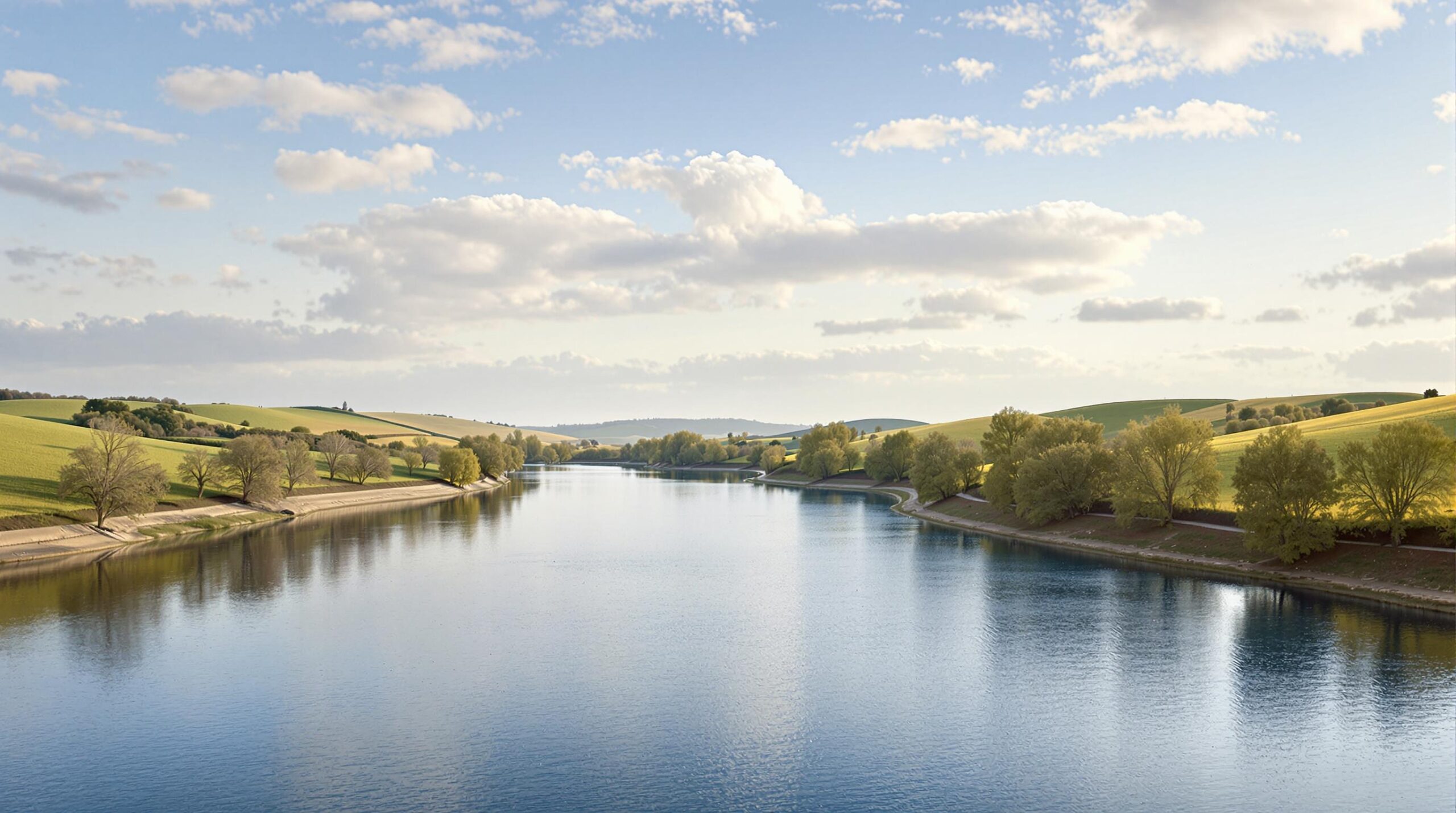Several popular sites in Delaware Water Gap National Recreation Area have reopened after seasonal closures, according to the official NPS press release “Winter Closures & Fee Season 2025” from the official site. River access points and boat launches along the Delaware River are once again available, offering fresh opportunities for paddlers and anglers.
The announcement also notes that expanded amenity fees took effect on April 15, specified as a general fee with no restricted times. Park authorities confirm that certain areas opened ahead of schedule thanks to relatively mild spring weather.
Recently reopened facilities include Old Mine Road near Van Campen Inn and Mountain Road in Walpack, New Jersey, though the state-owned portion of Old Mine Road remains closed for repairs under state-level transportation authorities. Crater Lake, Skyline Drive, and the upper areas of Blue Mountain Lakes Road have also resumed public access.
Even as these places welcome travelers, a temporary closure of Dingmans Falls Road for a bridge replacement project is scheduled to begin in early May, with an estimated timeline pending contractor availability. The official notice indicates the work could extend well into the summer travel season, potentially affecting various schedules.
Meanwhile, single-lane traffic controls will be introduced on Old Mine Road near Van Campens Glen Trail around mid-May. Work crews plan to repair the Van Campen Brook Bridge, leading to intermittent closures that will ensure the safety of both construction personnel and visitors.
In addition, Watergate Natural Area is set to reopen around the start of the summer travel season, while Adams Creek Area faces its customary closure from early May through late September. An official Federal Register notice for 2025 documents these dates, reflecting ongoing resource protection efforts.
The NPS press release further explains that certain sections of Raymondskill Creek and the White Pines McDade Trail parking area remain off-limits. Officials historically emphasize that these closures help preserve sensitive ecosystems and alleviate overcrowding near popular waterfall locations.
Primitive campsites along the Middle Delaware National Scenic and Recreational River continue to require advance reservations, which currently cost $16 per night, while group campgrounds run at $100 nightly. Prices may vary based on Recreation.gov practices, according to available information.
Many visitors are advised that staffing shortages nationally may cause unannounced service reductions, even in locations that have technically reopened. In some instances, these shortages can result in limited emergency response or visitor services, so safety precautions may require flexibility during the busier months.
Some recognized guidelines in tourism and parks management, as well as DOT best practices, show that timely travel advisories and construction notifications can reduce visitor confusion and complaints by more than 40 percent. By providing frequent updates on closures and scheduling adjustments, agencies can help people make informed decisions and avoid unexpected disruptions.
Similarly, sustainability certifying bodies have published data demonstrating that eco-friendly upgrades performed during quieter periods can lower operational costs by up to 30 percent while significantly reducing environmental impacts. These findings reflect broader industry trends toward responsible infrastructure improvements without interfering with peak visitor traffic.
Commonly recognized communication measures can help travelers navigate site closures or partial access. Real-time updates via text alerts, staff trained to recommend alternate routes, and timely online notices can alleviate confusion. By planning ahead, visitors are more likely to enjoy a smooth experience despite any restrictions.
Likewise, many outdoor hospitality operators take advantage of off-peak seasons to complete routine maintenance or environmentally friendly upgrades, such as installing permeable footpaths and solar lighting. These initiatives often align with broader goals of protecting natural resources while ensuring readiness for the next wave of visitors.
Officials express hope that proactive scheduling of road and bridge repairs will enable a safer, more efficient visitor experience in the long run. Travelers can still anticipate scattered inconveniences, but consistent updates and clear communication set the stage for a rewarding visit to the scenic lands along the Delaware River.


